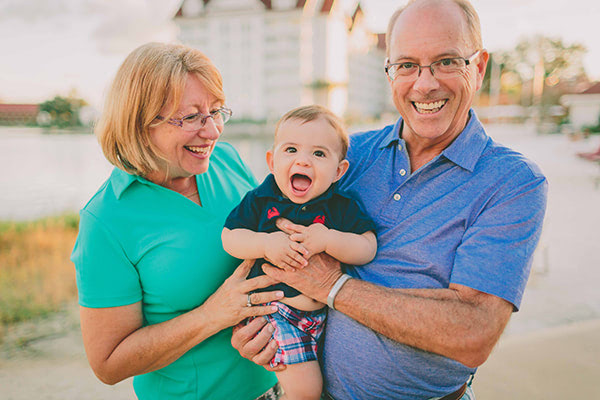Do you need help understanding reverse mortgages?
Something that many of us have taken for granted over the years was the possibility of retirement. With the Canada Pension Plan (CPP) in place, and an average of $679.19 per month, many retirees wind up struggling to continue to pay their bills. This, like so many financial realities of our time, has been exacerbated by COVID-19. People who may have been considering retirement within the next five years may find themselves in a situation where they have to dip into their savings early or delay retirement. With the average retirement age rising across both the private and public sectors in 2019, it’s no wonder that many are turning to reverse mortgages to make ends meet. Here, we dive into understanding more about reverse mortgages in Canada.
So, what is a reverse mortgage?
A reverse mortgage, sometimes called an “equity release,” allows you to access funds from your home equity. With reverse mortgages, you don’t have to start making repayments on the loan until you sell, or the owner dies. In the latter, the home is sold by the estate and the balance of the reverse mortgage is paid off. For a growing class of tight-budget retirees, this may sound ideal. However, the decision to take out a reverse mortgage is not one to be made lightly.
How does this differ from other home equity loans?
There are two main types of home equity loans: A Home Equity Line of Credit (HELOC) and second mortgages. Both of these involve interest, market fluctuations, and the other regular trappings of typical loans.
Both a HELOC and a second mortgage require you to make monthly payments. As with many lines of credit, there are criteria that you must meet. In Canada, these often include passing a credit check, providing a 20 to 35 per cent down payment, and proof of income. With a HELOC you would pay monthly and the line of credit stays open even if you do not use it.
A second mortgage is a mortgage taken from a lender other than the one your current mortgage is with. The second mortgage typically has higher interest rates than a HELOC and requires repayment within a year. You can borrow up to 80 per cent of your home’s appraised value and approval is based on your home’s equity rather than your credit. Your home is used as collateral for this loan.
A reverse mortgage differs drastically from these other home equity loans. If you, or you and your spouse, are 55 or older and own your home, you may qualify. Qualifying will also depend on your home’s condition and appraised value. The reverse mortgage makes payments to you based on your home equity. Though the interest rates are often higher than HELOC, they are much lower than that on a second mortgage. You will have to have paid off all loans secured by your home. Despite the interest, you are not required to make monthly payments.
A different form of end-of-life planning
The pay-when-you-can, or “when you’re dead” model is why it is such an attractive prospect for a growing number of retirees. Outside of the advantage of indefinitely delaying payment, a reverse mortgage is based on your home’s value. Meaning, if the home is cheaper than it was when you applied, you will not be liable for the remainder. The balance owing is the total amount of payments you have received, along with the interest.
This does not mean you should just go and get a reverse mortgage relying on that trend to continue when you sell or die. Markets fluctuate and things can always change. What it does mean is that you can account for it in an educated decision.
There are some disadvantages too
Now, there are disadvantages to reverse mortgages as well. One major disadvantage is that there can be significant prepayment penalties attached to reverse mortgages. This means interest has the chance to accumulate until the due date. Even if you find yourself in a position where you can suddenly pay it off, you can’t without paying extra. In the event you pass your reverse mortgage to your beneficiaries, they have a set amount of time to pay it off.
There are costs associated with getting a reverse mortgage. You will need to get your home appraised, and there are legal fees to consider, such as notaries and legal advice. Questions to consider when debating can be: What happens if my loved ones can’t pay? What is my interest? And what are the associate fees?
I hope this has helped your understanding of reverse mortgages! If you are debating if this is the right choice for you, be sure to ask your unbiased mortgage broker! If you’re considering a reverse mortgage, and would like to review your options, give me a call at (705) 333-4338 or get in touch with me here!
